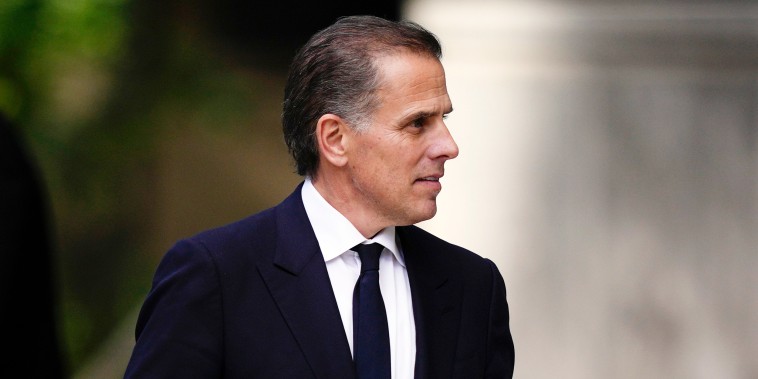In a recent legal development that has significant implications for media organizations and privacy rights, Hunter Biden, the son of President Joe Biden, has filed a lawsuit against Fox News under New York’s revenge porn law. The lawsuit alleges that Fox News knowingly and maliciously spread false and defamatory information about Hunter Biden, including a fabricated story involving revenge porn.
This legal action highlights the intersection of defamation law, privacy rights, and the responsibilities of media outlets in reporting on public figures. Fox News, as a prominent news organization with a wide reach, is expected to adhere to journalistic standards of accuracy and integrity. The lawsuit underscores the potential consequences when media organizations fail to uphold these standards and engage in reckless or malicious reporting.
The use of New York’s revenge porn law in this lawsuit introduces a novel legal strategy to hold media organizations accountable for the dissemination of false and damaging information. Revenge porn laws are typically designed to protect individuals from non-consensual sharing of intimate images, but in this case, Hunter Biden is using the law to address the harm caused by the spread of fabricated content.
The lawsuit also raises important questions about the boundaries of free speech and the responsibility of media organizations to verify the accuracy of their reporting. While freedom of the press is a cornerstone of democratic societies, this freedom comes with the expectation that journalists and news outlets will act ethically and responsibly in their reporting.
As the legal proceedings unfold, this case is likely to set a precedent for how revenge porn laws can be used in defamation cases against media organizations. It serves as a reminder to journalists and news outlets of the importance of upholding professional standards and verifying the accuracy of information before publishing.
Overall, the lawsuit filed by Hunter Biden against Fox News under New York’s revenge porn law sheds light on the complex and evolving landscape of media law, privacy rights, and journalistic ethics. It underscores the need for media organizations to act responsibly and ethically in their reporting and the potential legal consequences of failing to do so. As this case progresses, it will be closely watched by legal experts, media professionals, and the public alike for its implications on the intersection of defamation law and privacy rights in the digital age.



























